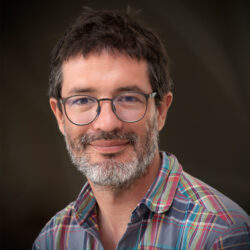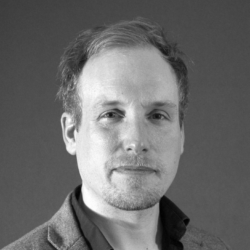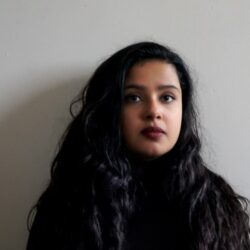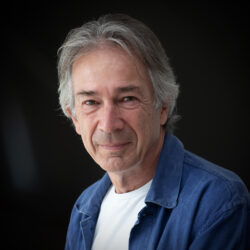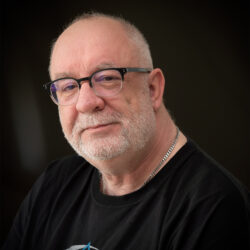Ethnology and Oral Culture
The Meertens Institute’s Ethnology and Oral Culture research group carries out research on social and cultural phenomena, both in the Netherlands and in ‘the world’ as related to the Netherlands. After all, culture does not stop at the Dutch border, but can be considered as something that, depending on time and place, is quintessentially one’s own. Culture is thus not self-evident or inherently of ‘the people’ or ‘a nation’, but stems from – often unconscious – power relations.
Central to the group’s research is the ever-changing plural society. In a world characterised by tensions between connectedness and disconnection, mobility and stagnation, and a sense of belonging and alienation, people are constantly giving new meanings to their place and role in the world, and to what they experience as their own and as belonging to others. As a result, issues around culture, identity, individuality, nationalism, ethnicity and the multicultural society remain as topical as ever. We try to acquire an understanding of these major processes through the study of everyday life.
Our researchers play a visible role in public debates, the media and other cultural productions (e.g. exhibitions). They also frequently provide input on current policy issues to the national government and other public authorities, advisory bodies and NGOs, as well as to the Academy itself.
The research group has two thematic orientations: ethnology and oral culture.
Ethnology thematic group
The research of the Ethnology thematic group focuses in particular on processes of heritage formation, globalised popular culture, religious and spiritual practices, body culture, implications of climate change and (colonial) commemorative culture. It also covers historical connections, especially those arising from colonial and post-colonial relations with the Americas, Africa and Asia. The research is guided by three research themes: 1) intensifying quests for tradition and heritage; 2) shifting relationships between people and nature; 3) dynamics of religion and culture. Ethnology’s research is interdisciplinary: researchers combine approaches, methods and insights from the fields of anthropology, history, religious studies, museum studies and critical heritage studies, as well as qualitative social-media research.
Oral Culture thematic group
The Oral Culture thematic group researches the Netherlands’ repertoire of songs and folktales from the perspectives of national and international tradition, transmission, meaning and variation. Variation is often indicative of changes in taste, morals, culture and society. Analysing stories and songs can provide an insight into contemporary social issues, such as identity, ethnicity, values and norms, inclusion and exclusion, fears and prejudices. Like all culture, oral culture is constantly in flux and is increasingly being disseminated around the world in many different forms via traditional and new media. The Oral Culture thematic group focuses predominantly on the philological, musicological, literary and computational fields. For this research we make use of surviving texts, stories and melodies, most of which have been collected in databases (the Nederlandse Volksverhalenbank (Dutch Folktale Database), ISEBEL and the Nederlandse Liederenbank (Dutch Song Database)). The research always focuses on the transmission and evolution of folktales, songs and literature over an extended period of time. The material collected and studied is considered part of the oral and written heritage of the Netherlands.
Research Output
You may find the full research output/publications of the research group Ethnology and Oral Culture on the KNAW PURE-page ‘Meertens Instituut – Nederlandse Etnologie‘.



